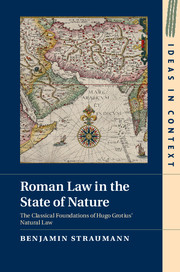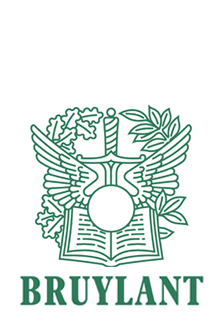WHAT the 69th session de la Société Internationale Fernand de Visscher pour l’Histoire des Droits de l’Antiquité (SIHDA), Legal education in Antiquity and Law of Antiquity in Today's legal curricola, Conference
WHEN September 2015, 7-12
WHERE MEF University, Istanbul, Turkey
all information here
The conference will be held at MEF University in Maslak. The University is within walking distance of the ITU Ayazaga station on the M2 Metro Line (passing from Taksim).
On Monday, September 7, registration and welcome cocktail will take place at the University between 16.00-18.00. On Tuesday, September 8, following the opening conferences in the morning, conferences in parallel sessions will begin. The theme of
the opening conferences will be "Legal Education in Antiquity and Law ofAntiquity in Today's Legal Curricula". The conference will end on Friday September Il with the general assembly in the afternoon and the gala dinner in the evening. The opening conferences and general assembly will take place at another campus of MEF University. We will give more detailed information regarding shuttles and transportation in August.
Online Registration
Online registration for participants (including accompanying persons) and speakers, submission of the abstracts, and choice of excursions should be made through "www.sihdaistanbu12015.com" until June 20th. Speakers should fill in both the participant and speaker registration forms.
We would like to remind you that French is the official language of SIHDA but papers may also be presented in English, German, Italian, or Spanish. The speakers are kindly requested to mention the language they will speak while submitting the abstract.

















